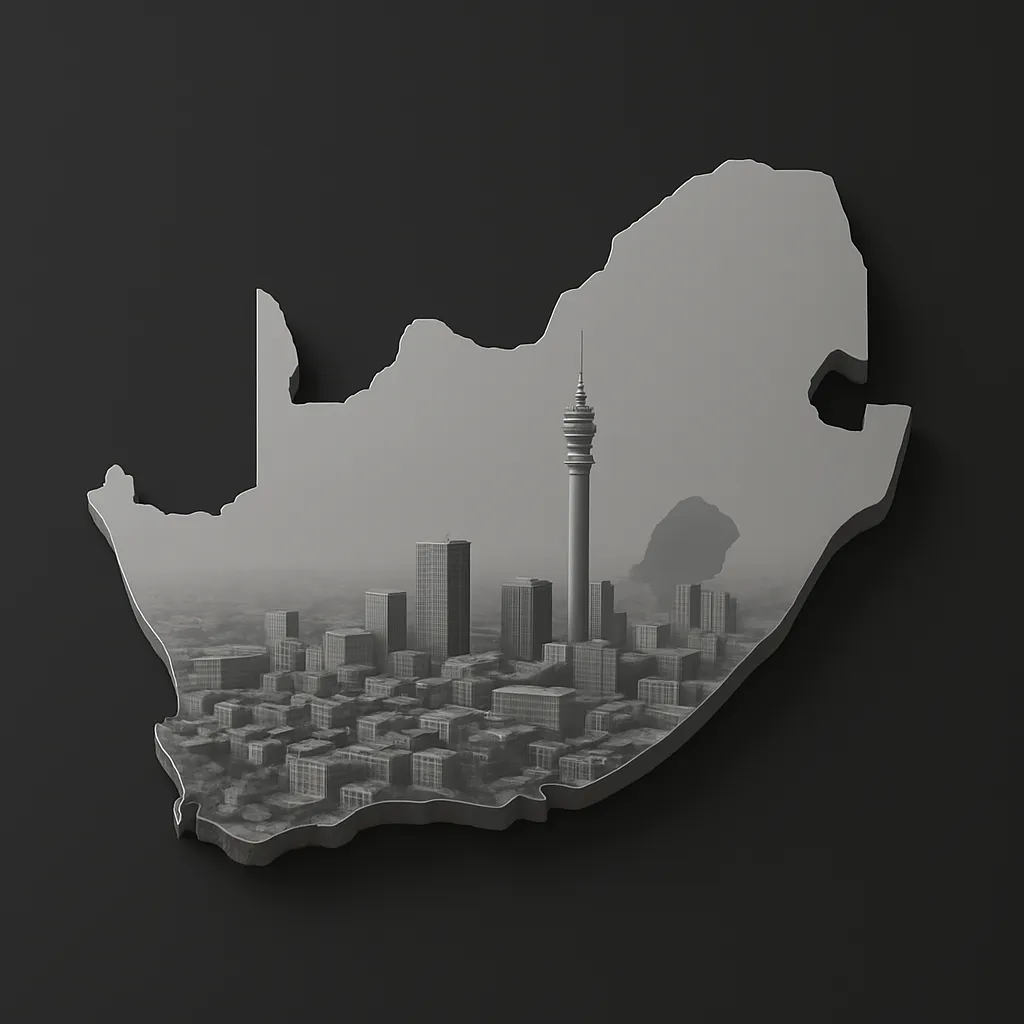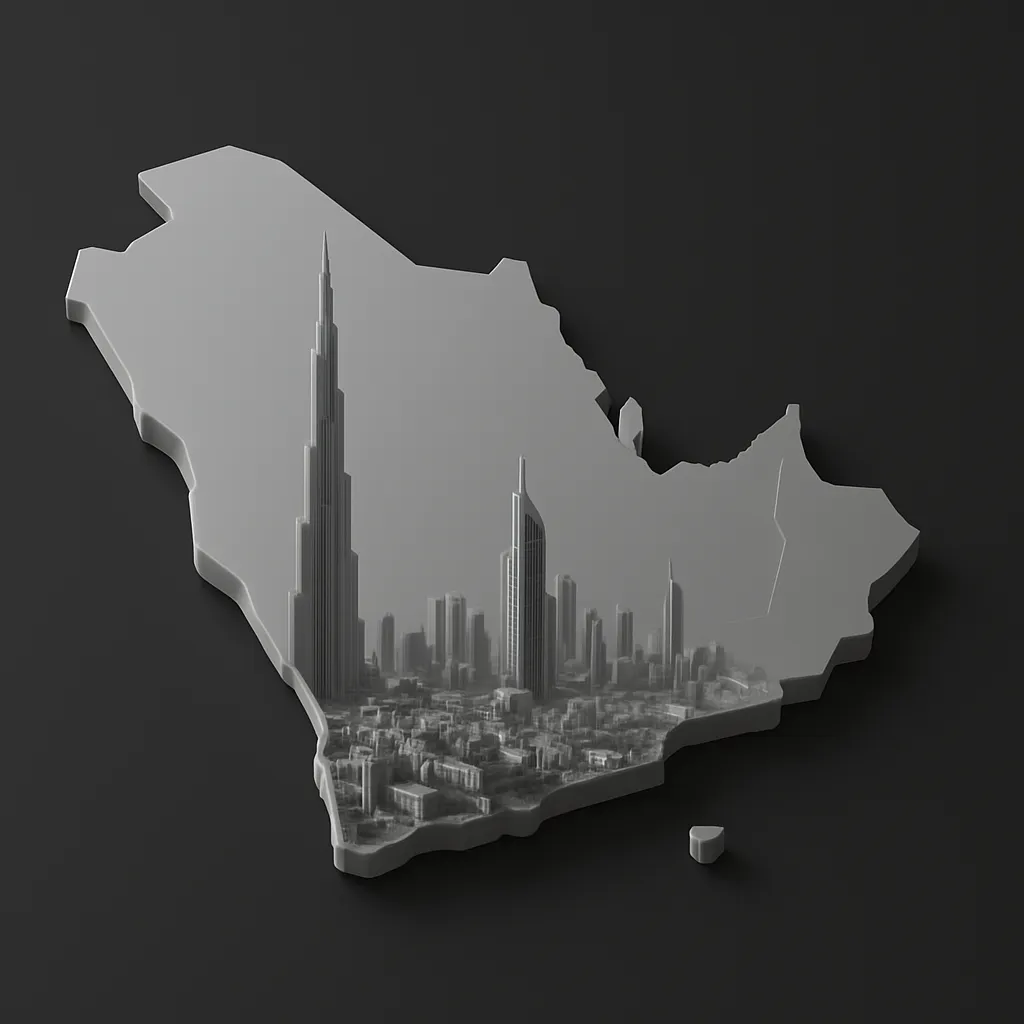
5 Key Business Insights for the Middle East in 2025
The Middle East remains one of the world’s most dynamic regions for business, shaped by a bold vision for economic transformation, rapid digital innovation, and an increasingly globalised approach to investment. As we move further into 2025, businesses—both local and international—must stay attuned to the region’s shifting landscape.
Whether you’re entering the GCC for the first time or expanding an existing footprint, here are five key insights that will shape strategic decision-making in the Middle East this year.
1. Digital Transformation is Reshaping Every Industry
Digitalisation is not a future goal—it’s a present imperative. From artificial intelligence in public services to blockchain in cross-border logistics and digital banking, the Middle East is accelerating toward a tech-enabled future.
The UAE continues to lead the region in smart government and fintech adoption, with Saudi Arabia and Qatar making strategic investments in cloud infrastructure, AI applications, and cybersecurity. Businesses that lag in digital capability will find it increasingly difficult to compete.
What This Means for You:
Companies must integrate digital transformation into every level of their operation—not just marketing or IT. Think automation, data analytics, and customer-centric platforms. If you’re not digitising, you’re falling behind.
2. Economic Diversification is Redefining the Opportunity Map
Driven by initiatives like Saudi Vision 2030 and UAE’s Operation 300bn, the region is undergoing one of the most ambitious diversification efforts in modern history. Traditional oil economies are now powering growth in tourism, entertainment, clean energy, logistics, advanced manufacturing, and life sciences.
This shift is creating significant white space for foreign investment, joint ventures, and strategic partnerships. Opportunities are especially abundant in green tech, education, healthcare, and industrial automation.
What This Means for You:
Move beyond hydrocarbons. Investors and enterprises should explore sectors that align with national development goals—and be ready to adapt to fast-moving regulatory support and incentive structures.
3. E-Commerce and Social Media Define Consumer Engagement
The Middle East boasts one of the youngest and most connected populations in the world. As smartphone penetration and digital literacy rise, consumer expectations have shifted toward instant, personalised, and mobile-first experiences.
Social commerce, influencer-driven campaigns, and live shopping are no longer novel—they’re mainstream. From Riyadh to Dubai, digital platforms are where buying decisions are made.
What This Means for You:
Winning in this space means mastering localised content, Arabic-first marketing, mobile UX, and cross-border fulfilment. Brands must treat digital channels not as add-ons, but as primary routes to market.
4. Legal and Regulatory Environments Are Becoming More Favourable
To attract foreign direct investment and stimulate entrepreneurship, many GCC countries are implementing investor-friendly policies. These include:
- 100% foreign ownership in key sectors
- Long-term residency visas for entrepreneurs and professionals
- Simplified licensing and setup procedures
- Regulatory sandboxes for fintech and innovation
These shifts are creating a more agile, accessible, and competitive environment for international business.
What This Means for You:
Stay proactive with legal counsel and business advisors. Each country has its nuances, and understanding regulatory reform is critical to seizing the moment while mitigating compliance risks.
5. Cultural Intelligence Still Drives Success
While the region modernises at pace, its business culture remains deeply rooted in tradition. Decision-making is still heavily influenced by interpersonal trust, long-term relationships, and respect for Islamic principles.
Ignoring this context can lead to misalignment or even reputational damage. From negotiation to networking, knowing when to speak, when to listen, and how to follow protocol is non-negotiable.
What This Means for You:
Invest in cultural onboarding. Learn the etiquette, religious holidays, and relationship-building styles that define the business landscape in the GCC. Your success may depend on it more than any business plan.
Final Thoughts
The Middle East in 2025 is a region of bold vision, rapid change, and immense potential. Businesses that succeed here are those that combine agility with respect, innovation with localisation, and global thinking with regional relevance.
At SydSen, we help businesses decode this complexity and unlock value across markets—from digital strategy and workforce transformation to recruitment and leadership consulting. If you’re planning to enter or expand within the region, these five insights should serve as your strategic compass.


















